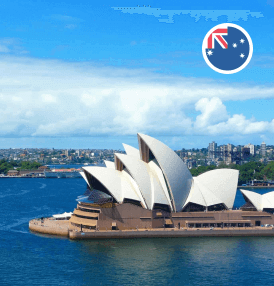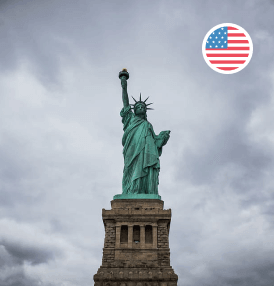Study in South Korea from Nepal: A Promising Destination
Starting your higher education journey in South Korea is an exciting idea full of promise, opportunity, and cultural enrichment. Located in East Asia, South Korea attracts students with its fusion of tradition and modernity, offering a unique blend of academic excellence, technological innovation, and vibrant cultural experiences.
South Korea’s education system stands at the forefront of global recognition, with its universities consistently ranking among the top institutions worldwide. Starting your higher education journey in South Korea is an exciting idea full of promise, opportunity, and cultural enrichment. South Korea attracts students with its fusion of tradition and modernity, offering a unique blend of academic excellence, technological innovation, and vibrant cultural experiences. With a seamless blend of affordability, world-class education, and vibrant cultural experiences, South Korea emerges as a compelling destination for those seeking to embark on a transformative educational journey.
Some Interesting Facts about South Korea
- South Korean wedding garments are usually red, which is a symbol of good fortune.
- Korea has one of the fastest average internet speeds in the world; 93% of the population uses the internet, and with free access to transportation, city centers, and other public areas, this is not a surprise.
- One of the best-known facts about South Korea is its military service. Before 30, men must commit to 21–24 months of military service, even if they are celebrities.
- Taekwondo is the national sport of South Korea. It’s believed to have been invented approximately 2,000 years ago.
- South Korean taxis are color-coded based on the degree of service they provide. While black cabs are premium vehicles, orange or silver taxis are more affordable.
Why South Korea for study?
Choosing the right place for higher education is crucial. South Korea is an excellent choice. Let’s explore why studying in South Korea is an enriching and rewarding experience:
- Academic excellence in globally recognized universities.
- Access to the best technology and research opportunities.
- The fees are more affordable, with a yearly cost of up to $10,000.
- Networking opportunities in a diverse international environment.
- Safety and hospitality ensure a comfortable learning experience.
- Promising job prospects and career opportunities in a thriving economy.
- Post-study completion, opportunities to work in the Korean industry
- Accessible healthcare services for student support.
- The opportunity to migrate to Canada.
- Innovative teaching methods for practical skills.
- Modern infrastructure and top-notch facilities.
- Exposure to diverse perspectives fosters personal growth and development.
- Year-round festivals celebrating Korean culture and traditions.






